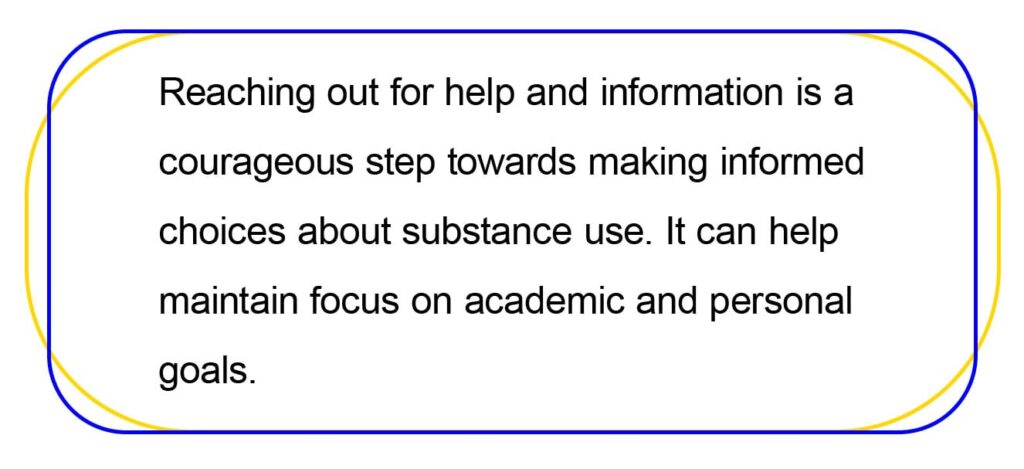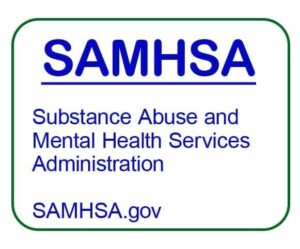Seeking information is a sign of strength and an important step towards taking care of yourself. This is meant to be a non-judgmental, supportive environment to find accurate information and resources to help navigate the complexities of substance use.

A phone call is always answered by a live knowledgable person. They are happy to address any questions related to alcohol, drugs, detox, treatment and recovery. Staff is available 24 hours a day, 365 days a year.
For mobile users, click on the phone number and it will automatically dial.
SAMHSA provides access to the largest, most comprehensive, database of substance use and mental health treatment facilities in the United States. It’s a free, private and anonymous resource for locating treatment facilities for mental health and substance use disorders anywhere in the US and its territories.
Use the “search” box below to find treatment programs by zip code, radius, city, county or state.
Click on the image below to visit samhsa.gov

Alcohol is often seen as a central part of college life, from social gatherings to celebrating milestones. However, it’s important to recognize that alcohol use can vary widely among individuals, and what starts as casual drinking can, for some, develop into problematic behavior.
Consider how often you drink, why you choose to drink, and the effects it has on your daily activities and responsibilities.
Adderall and other stimulants are often prescribed to treat conditions like ADHD, helping individuals focus and maintain concentration. However, within college campuses, these drugs are sometimes used by students in the belief that they can enhance academic performance, concentration, and stamina during study sessions or exams. While the allure of a potential boost in productivity can be tempting, it’s important to understand the risks and realities associated with non-prescribed use of these substances.
Cannabis, often viewed through a lens of growing social and legal acceptance, is commonly used among college students for its perceived benefits, such as relaxation, stress relief, and social bonding. With changing laws and attitudes towards cannabis use, it’s important for students to be equipped with accurate information to make informed decisions.
For some students, cannabis use can become a concern when it interferes with academic performance, motivation, or daily responsibilities.
This survey is intended for self-reflection and discovery as it relates to personal substance use. It is for “your eyes only.” It is simply a tool designed to review your own substance use in a safe and non-judgmental context. There is power in self-knowledge.
Answer each “yes” or “no”. Keep track of the number of the “Yes” answers:
Answering “yes” to one or more of these questions is a possible indication of a substance use issue. The higher the number of “Yes” answers makes it more likely there is a substance use problem.
Here is a graphic illustrating some of the primary risk factors of developing a substance use disorder.
If you or someone you know is struggling with substance use, remember that support and resources are available. Many colleges offer counseling services, support groups, and educational programs designed to help students make informed choices about alcohol. Seeking help is a sign of strength and the first step toward making positive changes.
AA – Alcoholics Anonymous
NIH – Pubmed: University Substance Use
College Drinking Prevention – AIM program
Addiction Gap is a certified 501(c)(3) nonprofit
